The Listening Place is a volunteer-led service with access to a wide range of professional support and advice
Our advisory team consists of experienced mental health professionals and other specialist consultants.
Dr Gwen Adshead

Dr Gwen Adshead is consultant forensic psychiatrist and psychotherapist at Broadmoor Hospital, where she has worked intermittently for nearly 30 years. Gwen qualified in medicine in 1983 and was elected member of the Royal College of Psychiatrists in 1987 before being made a fellow of the Royal College of Psychiatrists in 2005. She was a visiting professor of psychiatry at Yale School of Law and Psychiatry in 2013 and at Gresham College between 2014 and 2017. She has a master’s degree in medical law and ethics, is a qualified member of the Institute of Group Analysis and holds a master’s degree in mindfulness-based cognitive therapy. She holds two honorary doctorates from St George’s Hospital Medical School and was awarded the President Medal in 2013 for her work on ethical issues in mental health.
Gwen has specialised in the assessment and treatment of complex cases, including those involving personality dysfunction and child maltreatment and trauma. In addition to being a practising clinician, she has authored more than 150 academic papers. She is also the co-editor of several books, including Ethical Issues in Forensic Mental Health Research (with Dr Christine Brown), Clinical Topics in Personality Disorder (co-edited with Dr Jay Sarkar), the Oxford Handbook of Forensic Psychiatry and the Oxford Handbook of Medical Psychotherapy. Her most recent book, The Devil You Know: Stories of Human Cruelty and Compassion (co-authored by Eileen Horne), is about care for offenders. It was published by Faber in June 2021 and was book of the week on Radio 4. She is currently working on another book with Eileen Horne about trauma.
Dr Chloe Beale
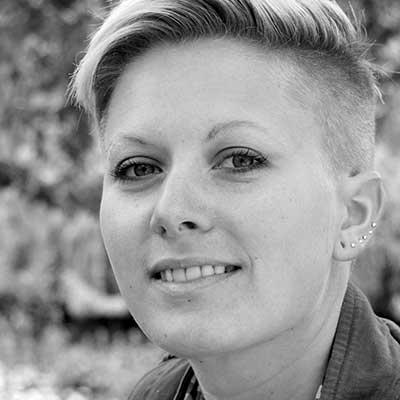
Dr Chloe Beale is a consultant liaison psychiatrist at Homerton University Hospital and honorary senior clinical lecturer at Queen Mary University of London. She is also former suicide prevention lead for East London NHS Foundation Trust. She holds a master’s degree in medical law and has a particular interest in mental capacity and the legal and ethical aspects of suicide.
Chloe advocates for a pragmatic and open approach to suicide risk and challenges risk-averse, stigmatising and defensive cultures in mental health services. She is a great believer in the vital role of the third sector in supporting people who are suicidal.
Dr Susan Cottam

Susan is a clinical psychologist who has been employed by the Tavistock and Portman NHS Foundation Trust since 2011. She works at Camden MOSAIC CAMHS, a community service for children with autism and other neurodevelopmental conditions.
Her clinical role involves supporting parents, families, and children adjusting to neurodisability, and supporting the skills development required to live with neurodisability. She is interested in parenting, the development of the attachment process between parents and children, the parent-couple relationship, and the way parents adapt to grief and loss. She has published research in peer-reviewed journals on parenting training programmes, positive behaviour support, and the subjective experience of hearing voices.
Susan was a Samaritan for several years before qualifying as a psychologist and is committed to supporting those who feel suicidal or hopeless.
Dr Sarah Davidson MBE
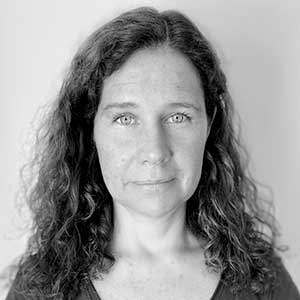
A consultant clinical psychologist for more than 20 years, Sarah is head of mental health and psychosocial support (MHPSS) at the British Red Cross. She has more than 30 years of experience in the NHS, where she first worked as a nurse.
As a clinical psychologist, she has specialised in working with children and families and has acted as a consultant on MHPSS to multi-disciplinary teams across the world.
Sarah has been involved with TLP since its inception and is a former deputy chair of our board of trustees. She played a pivotal role in the evaluation of our service, which was published in Crisis, the journal of crisis intervention and suicide prevention, in 2022.
Dr Matthew Evans
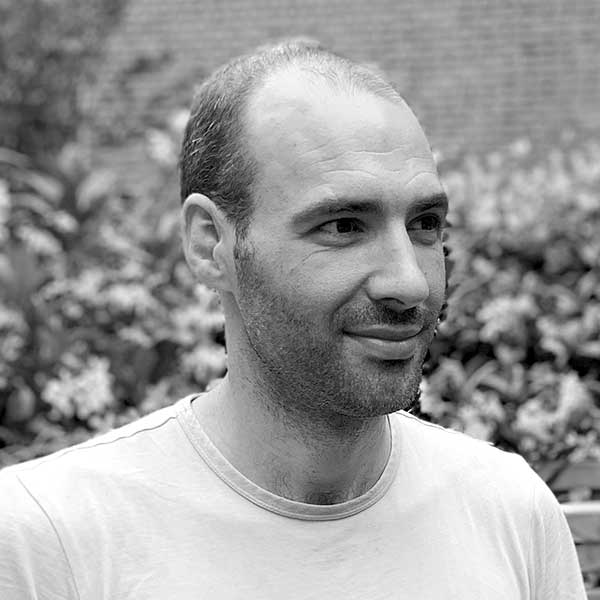
Matthew is a chartered clinical psychologist who has worked extensively privately and in the NHS. He was the therapy lead of a team that worked with adolescents who had made serious suicide attempts. This team aimed to keep the young person out of an inpatient unit by working with them in the community.
Matthew now works in private practice, mainly with adults. He also runs reflective practice groups in the NHS and offers a reflective supervision space for headteachers.
Dame Teresa Graham

Teresa joined the Newcastle upon Tyne office of PWC as a student accountant and, many years later, was honoured with an honorary fellowship. In 1986, she was seconded to the UK Government’s Enterprise and Deregulation Unit, reporting directly to Lord Young, the Secretary of State for Employment, and then Trade and Industry. In 1988, she was appointed to the Government’s Deregulation Advisory Panel and served through two decades of administrations, most notably as deputy chair.
She now works independently, focusing on providing strategic advice to ambitious, growing businesses and liberating them from red tape. Teresa is also ‘Head of Parties and Fun’ at The Lexi Cinema, a digital, boutique cinema in North London that covenants 100% of its profits to a charity in South Africa called The Sustainability Institute Trust.
Teresa was made a DBE in the 2020 New Year’s Honours List for services to small businesses, a CBE in the 2007 New Year’s Honours List for public service, and an OBE in the 1997 New Year’s Honours List for services to the small-firms sector
Dr Sarah Marriott
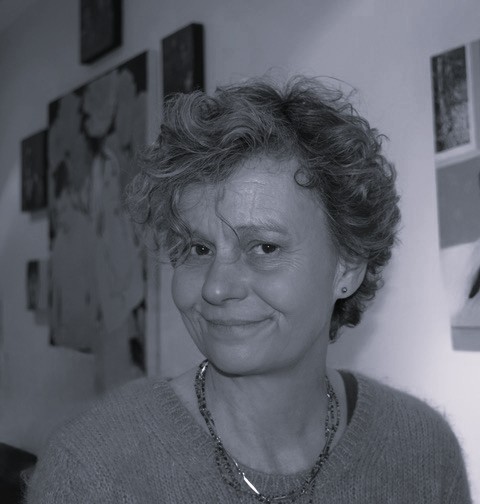
Sarah is a consultant psychiatrist specialising in working with people with complex mental health needs and who find it hard to engage with the care they need and deserve.
Over the years, she has also held a number of leadership positions in the NHS, including in medical education, quality improvement and health care delivery.
Alongside her medical qualifications, Sarah has postgraduate degrees in medical anthropology and in organisational development.
She has an enduring interest in the impact of the environment on mental health, from our earliest developmental stages to the ‘here and now’. She remains curious about how sociocultural and political factors and, more recently, Climate Change affect how we experience, express and explain emotional distress and mental illness.
In her spare time, she is committed to a number of rewilding projects, some smaller and some at scale, in both urban and rural settings. She also enjoys the performance arts, singing and playing the guitar.
She believes that while technologies and science will continue to yield huge benefits, the possibilities of a more natural health service also hold great promise for our personal and collective wellbeing.
Professor Lisa Marzano

Dr Vicky Ropner

Dr Vicky Ropner is a Counselling Psychologist specialising in PTSD and Complex PTSD. She currently works in the Traumatic Stress Clinic at St Pancras Hospital. Vicky has previously worked in a drug and alcohol service, UCL’s student psychological services and in integrated psychological therapy teams at the Maudsley and Lewisham hospitals. She also worked in the trauma service at Transport for London, working with train drivers and station staff with PTSD.
Vicky has been a volunteer at TLP since its earliest days. She joined in 2016, after three years as a Samaritan. She was a supervising volunteer for five years, and now delivers and develops internal training and provides group supervision. She has a particular interest in supporting the mental health of volunteers.
Richard Spence

Richard Spence is a psychotherapist in private practice. He works with people facing challenges such as anxiety, depression, low self-esteem, addiction, bullying, bereavement, trauma and chronic suicidality. He holds a master’s degree and clinical diploma in Gestalt psychotherapy.
Richard was the first chair of trustees and a trustee for The Listening Place for six years. He was a Samaritan for 15 years and a co-director of Central London Samaritans, and is now a trustee for auto-immune charity The Wren Project. In addition to psychotherapy, he works globally as an executive and team coach and supervisor. Previously, he had a long career as a BAFTA-winning film and television director in the UK and the US.
Suzanne Thomas
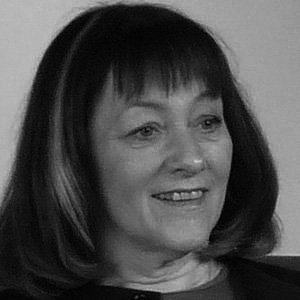
Suzanne Thomas is an Ericksonian hypnotherapist and counsellor. She has practised as such since 1986 when she qualified with honours from the UK Training College for Hypnotherapy and Counselling.
A former volunteer at the founding branch of Samaritans in central London, Suzanne practises in South Kensington. She continues to study and attend workshops, seminars, conferences, and other training, and she teaches counselling and hypnotherapy and supervises therapists. She is an accredited member of the National Council for Hypnotherapy (NCH).
She retrained as a therapist after working in advertising, the arts, and the creative industries.
Dr Sam Thompson
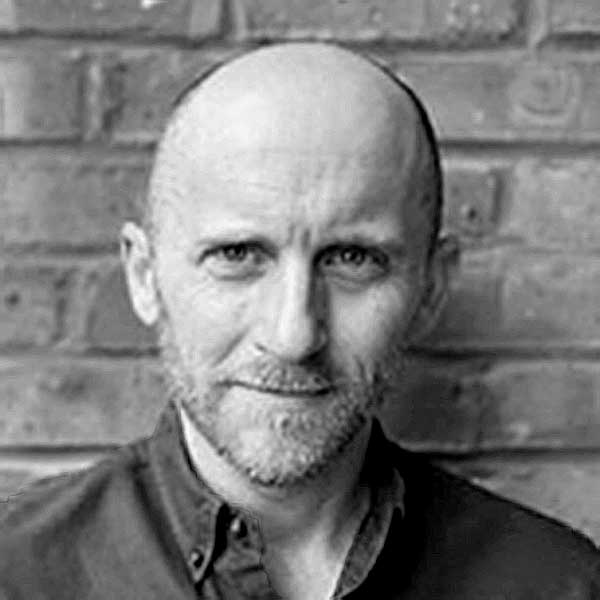
Dr Sam Thompson is a clinical psychologist with extensive experience working in the NHS, as well as in the charity sector and in private practice. He is currently lead psychologist for staff support at Guy’s and St Thomas’ NHS Trust. Previous clinical posts include a psychological therapy service in East London for adults with complex mental health problems, and work with children and families at the Tavistock Centre.
Sam came to clinical practice following a career in the policy and academic worlds. After a PhD in social psychology, he worked for a prominent think-tank, leading projects for various government departments and publishing widely on the psychology and politics of happiness. He also held the posts of senior lecturer in positive psychology at the University of East London, and senior research fellow in public mental health at the University of Liverpool. During this period, Sam volunteered at Central London Samaritans, holding various supervisory and training roles. He was among the first Samaritans to facilitate support groups for people bereaved by suicide, for the Facing the Future project.
In addition to his work with The Listening Place, he is also a member of the British Red Cross / Foreign Office Psychosocial Support Team, responding to international emergencies involving British nationals.
Professor Peter Tyrer

Peter Tyrer is the Emeritus Professor of Community Psychiatry in the Division of Psychiatry in the Department of Brain Sciences at Imperial College, London.
His main interests are in models of delivering community psychiatric services, the classification and treatment of common mental illnesses, particularly anxiety and health anxiety, and the classification and management of personality disorders. He also leads on research into a common but largely unrecognised condition, health anxiety.
He is experienced in the management of those with severe mental illness, substance misuse and personality disorder and has developed a new treatment, nidotherapy, to help these people by making environmental, not personal, changes. Much of his recent work has been concerned with improving and extending the concept of personality disorder, including its use in adolescence, when it is not formally recognised and badly managed. This is highly relevant to suicidal behaviour in young people.
He has chaired three NICE Guideline Development Groups on personality disorder, comorbid psychosis and substance misuse, and management of violence. He has written 39 books on these subjects.
Dr Teresa Wolowiec

Following a first career in documentary photojournalism, Dr Teresa Wolowiec retrained as a Clinical Psychologist, and now specialises in working with individuals with complex psychological and social difficulties. She enjoys finding effective and creative ways to explore positive change, and has extensive experience in supporting staff teams to work helpfully and hopefully with challenging mental health issues. After ten years working in forensic mental health services, she is now the lead psychologist in Psychiatric Liaison at Whipps Cross Hospital in north east London. She is a passionate supporter of reflective practice, facilitating and supervising reflective practice sessions with NHS staff, to explore alternative perspectives in addressing complex problems. Teresa also has a long history of working with individuals experiencing gender dysphoria, conducting research, teaching, assessments and therapy in this area.
Believing that mental health is fundamentally a social justice issue, Teresa is interested in the application of psychology to the broadest range of sociocultural and political issues. She has recently published work exploring the impact of culture and diversity on reflective practice.





